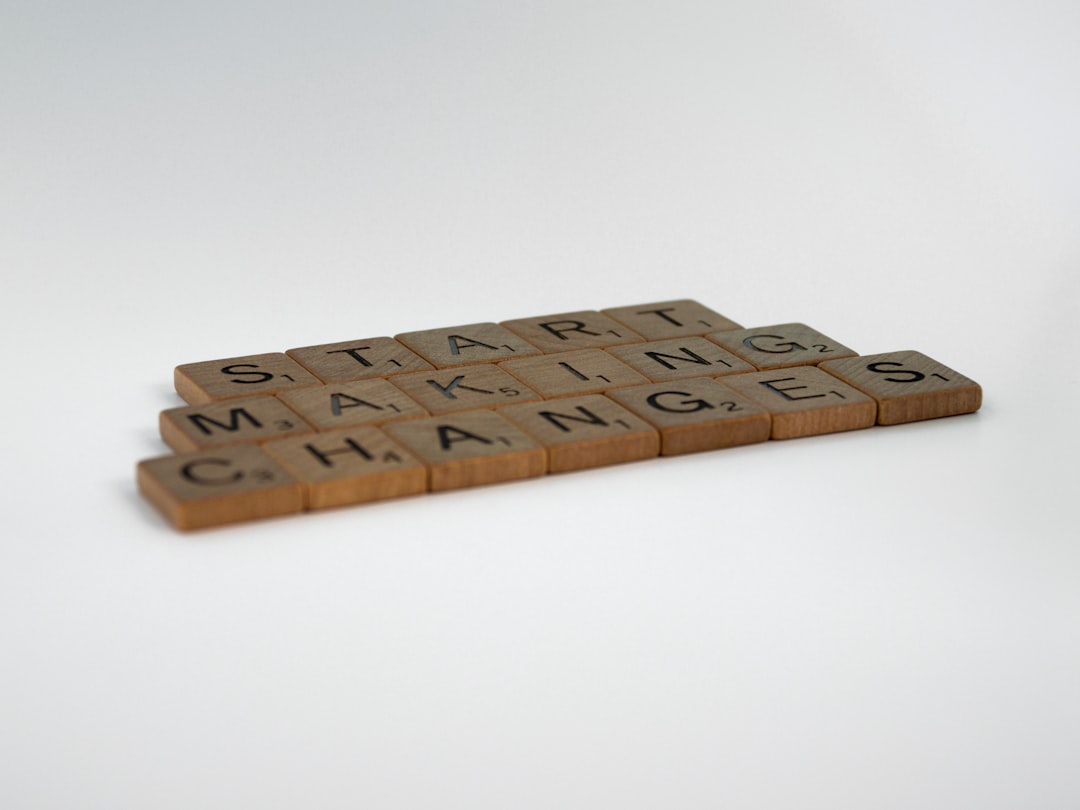
I get it. You know what you want to do, what you should do, but actually doing it feels like climbing a mountain in flip-flops. For years, I was stuck in that same loop, wrestling with habits like gaming for hours, overeating, and just general laziness. The idea of 'self-discipline' felt like something for other people, not me. But what if I told you that building better self-discipline is totally possible and it doesn't require superhuman willpower? What if it could start with just 30 days?
Why Just 30 Days?
Thirty days is a fantastic timeframe. It's long enough to build a new habit or break an old one. But it's not so long that it feels completely overwhelming. Think of it as a focused experiment. You’re committing to a specific change for a manageable period. This can create powerful momentum.
I’ve seen this work in my own life. When I decided to tackle my health, the thought of changing everything forever was daunting. But focusing on making better choices for "just the next 30 days" felt doable. Those first 30 days of eating healthier and moving more were the springboard for losing over 110 pounds and finding a lifestyle I actually enjoy.
Before You Start: Laying the Groundwork
Okay, before you jump into Day 1, a little prep work goes a long way. Don't skip this part. It’s like packing your bag before a trip.
First, get clear on your "why." Why do you want more self-discipline? What specific area of your life do you want to improve? Is it to be more productive? Healthier? Kinder? Write it down. Your "why" is your fuel when things get tough. When I wanted to overcome my gaming addiction, my "why" was to reclaim my time and energy for more meaningful pursuits, to be more present for my loved ones, and to build a life I was proud of.
Next, pick ONE thing. Just one. I know it’s tempting to overhaul your entire life at once. Trust me, I’ve tried it, and it usually leads to burnout. Maybe you want to wake up earlier, or stop mindless scrolling, or go for a daily walk. Choose one specific, measurable goal for your 30-day challenge.
Week 1: Tiny Steps and Building Momentum
The first week is all about building consistency, not perfection. Forget about huge leaps. Focus on tiny, almost laughably small, steps. If your goal is to write a book, don’t aim for a chapter a day. Aim for 15 minutes of writing or even just 100 words. If you want to eat healthier, maybe start by swapping one sugary drink for water each day.
Remember my struggle with gaming and binge eating? I didn't quit cold turkey overnight. That felt impossible. Instead, I started by reducing my gaming time by just 30 minutes. Or choosing one healthier snack instead of my usual go-to junk food. These small wins built confidence and made the next step feel less scary.
Key things for Week 1:
- Start small: So small you can’t say no.
- Track your progress: A simple checkmark on a calendar works wonders.
- Don’t beat yourself up if you slip: Just get back on track with the very next choice.
- Focus on showing up: Effort counts more than results in this first week.
Week 2: Facing the Friction
Alright, so you’ve made it through week one. You’re probably feeling pretty good. Now, Week 2 is often where the real test begins. The initial excitement might wear off a bit, and old habits might try to creep back in. This is totally normal.
This is where your "why" becomes super important. Remind yourself why you started. Expect some resistance. Your brain loves comfort and familiarity, so it will naturally resist change. Your job is to gently but firmly guide it toward the new path.
One thing that helped me immensely during these tougher times was establishing a simple routine. For example, if my goal was to exercise, I’d lay out my workout clothes the night before. This removed a small point of friction in the morning. If I was trying to work more productively, I learned that short bursts of deep work, just 2-4 hours, were far more effective for me than trying to grind all day. Find what removes friction for you.
Week 3: Noticing Progress and Celebrating
By Week 3, you should start seeing some real progress. You might notice the new habit feeling a little more automatic. Or perhaps the old habit you’re trying to break has less of a grip on you. This is huge.
Take time to acknowledge this. Seriously, celebrate these small wins. When I was losing weight, hitting a small milestone like 5 pounds lost, or fitting into an old pair of jeans, was a big deal. It wasn’t about the finish line; it was about the journey and appreciating each step. This isn't about throwing a massive party (unless you want to!). It can be as simple as telling a friend, taking a moment to feel proud, or treating yourself to something small (and healthy, if that’s your goal!).
These celebrations aren't just feel-good fluff. They reinforce the new behavior and make you want to keep going. They build positive associations with the change you're making.
Week 4: Making It a Part of You
As you head into the final week of your 30-day challenge, the focus shifts to making this new discipline a lasting part of your life. It’s about integration. How can this new habit or behavior become just "what you do"?
Reflect on the past few weeks. What worked well? What challenges did you face, and how did you overcome them? What have you learned about yourself? This reflection is key to long-term success.
Don’t expect to be perfect even after 30 days. Life happens. There will be days when you slip. The goal isn’t uninterrupted perfection. It's about developing the resilience to get back on track quickly. Self-discipline isn’t a one-time achievement; it’s an ongoing practice.
The Secret Ingredient? It's Simpler Than You Think
Through all my ups and downs, from battling addictions to building a healthier life and a more productive routine, I’ve found a few things that truly anchor me. One of them is daily gratitude. Taking a moment each day to appreciate what I have, no matter how small, shifts my perspective and fuels my desire to keep improving.
For me, strengthening my Christian Orthodox faith has also been a profound source of strength and purpose. When my own willpower wavers, turning to God in prayer, seeking guidance, and remembering that I’m part of something bigger than myself gives me a deeper reason to persevere. It helps me see challenges not just as obstacles, but as opportunities to grow and align my actions with my values. This isn't about religion being a quick fix, but about finding a deep, personal wellspring of strength and meaning that supports the daily choices self-discipline requires.
Self-discipline isn’t about being harsh or restrictive. It’s about choosing what you want most over what you want now. It’s about freedom – freedom from bad habits, freedom from regret, freedom to build a life you truly love.
So, what’s one small step you can commit to for the next 30 days? Just one. Start there. You’ve got this.





